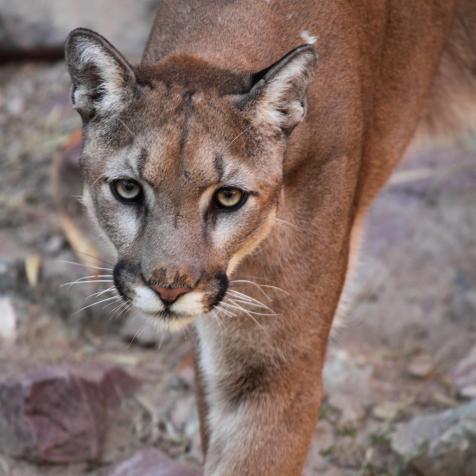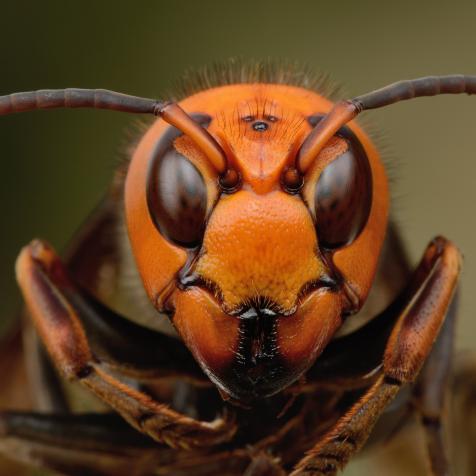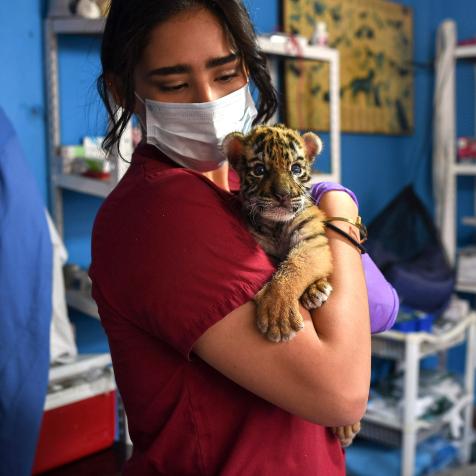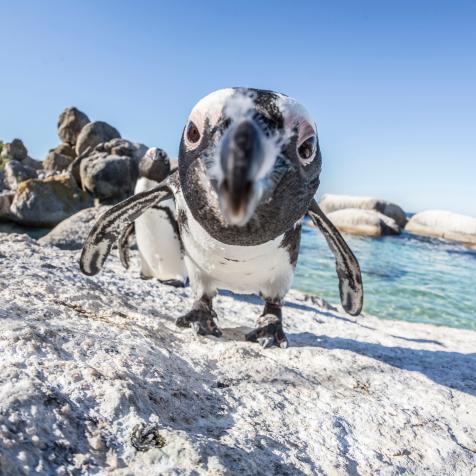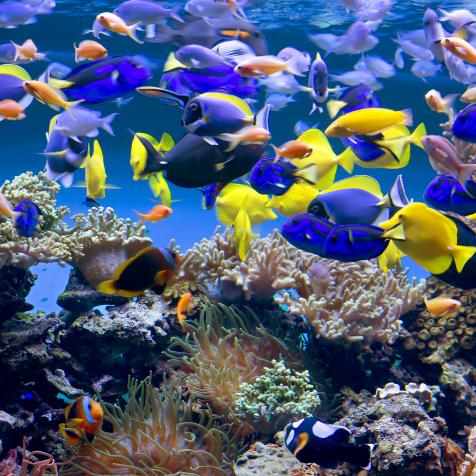
kiszon pascal
First Dog in the US Tests Positive for Coronavirus
A pug in North Carolina has tested positive for COVID-19, after the virus worked its way through almost his whole family.
A family in North Carolina is in full blown recovery mode after COVID-19 infected all but one member of their (human) family. At least they thought they were, until their pug Winston, tested positive for the novel virus.
The McLean family from Chapel Hill were participating in a study with Duke University when Winston started exhibiting COVID-like symptoms. Winston’s mom, Dr. Heather McLean (a pediatrician), told her local news station WRAL, “Pugs are a little unusual in that they cough and sneeze in a very strange way. So, it almost seems like he was gagging, and there was one day when he didn’t want to eat his breakfast. And if you know pugs, you know they love to eat, so that seemed very unusual.”

Brian Podolsky / EyeEm
The study that the family was a part of is the Molecular and Epidemiological Study of Suspected Infection (MESSI) at Duke. The research has pivoted its focus to COVID-19 due to the global pandemic with Dr. Christopher Woods at the helm. Dr. Woods spoke about the McLean family saying, "To our knowledge, this is the first instance in which the virus has been detected in a dog...” He went on to discuss how there is still much to be learned about this result and the virus as a whole.
Like we have said before, it is unclear whether or not our pets can pass this virus back to us humans, but diligent care should be taken around the home to prevent the spread. Please keep an eye on the World Health Organization's Question and Answers site for any and all updates on COVID-19 and your pets.










